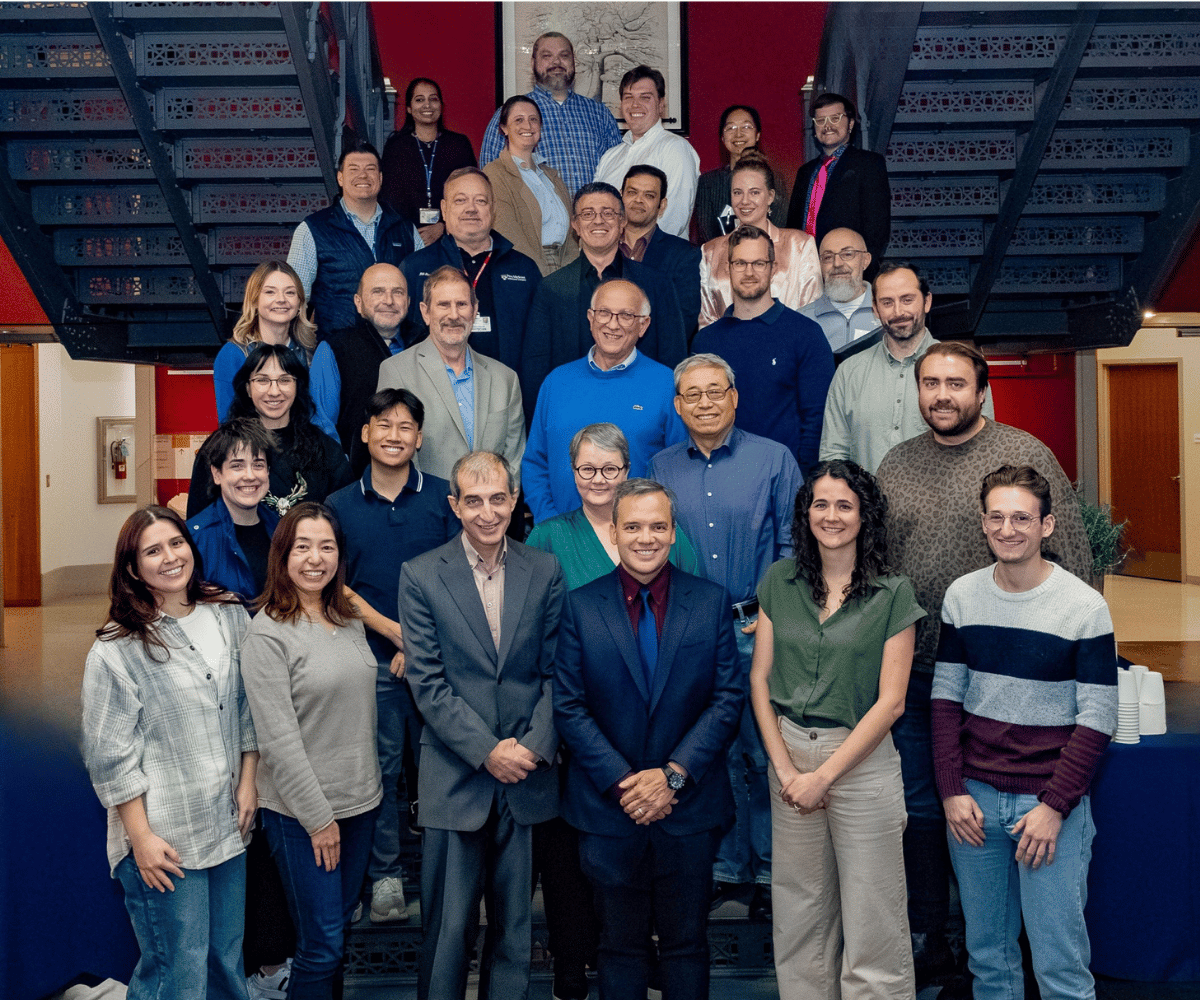“Today 38 million people still live with HIV worldwide, and 1.3 million contract the virus each year,” said Luis J. Montaner, D.V.M., D.Phil., iCure principal investigator, executive vice president of The Wistar Institute and director of Wistar’s HIV Cure and Viral Diseases Center. “For the first time, this grant brings our best team together working towards a cure tailored to each participant by pairing the latest in neutralizing antibody and cell-therapy breakthroughs against the unique, person-specific features of HIV.”
iCure HIV
iCure seeks to develop an individualized HIV cure strategy targeting the component of the HIV reservoir that is not controlled by the host upon reactivation. A team of academic and industry partners will test several individualized strategies including tailored viral reactivation and personalized approaches to develop antibody and cell-mediated interventions designed against the unique features of each individual’s persistent HIV during antiretroviral therapy.

How iCure Works

Wake the latent virus
In the first step, researchers reactivate the virus in a sample of the participant’s blood and identify mutations that the participant has not yet developed antibodies against.

Map and target unique weak spots with tailored antibodies
They then develop a tailored antibody therapy cocktail specifically designed against these specific mutations.

Destroy infected cells using “super charged” CAR T and NK cells
In the next stage, researchers focus on preventing HIV from returning. To do this, they develop person-specific antibodies or small molecule binders that can act as “homing devices” — beacons that can lead immune cells to the latent virus. Then they genetically modify CAR-T cells and NK cells (immune cells that destroy viruses) to express or use these homing devices to better clear infected cells.

Enhance clearance and block relapse with bispecific binders
Finally, researchers further enhance NK cells. First, they develop stronger and more durable cells, called adaptive NK cells, by supercharging their virus-killing ability. Then, they deploy small-molecule drugs called bispecifics, which bind NK cells to the infected cells they are targeting.